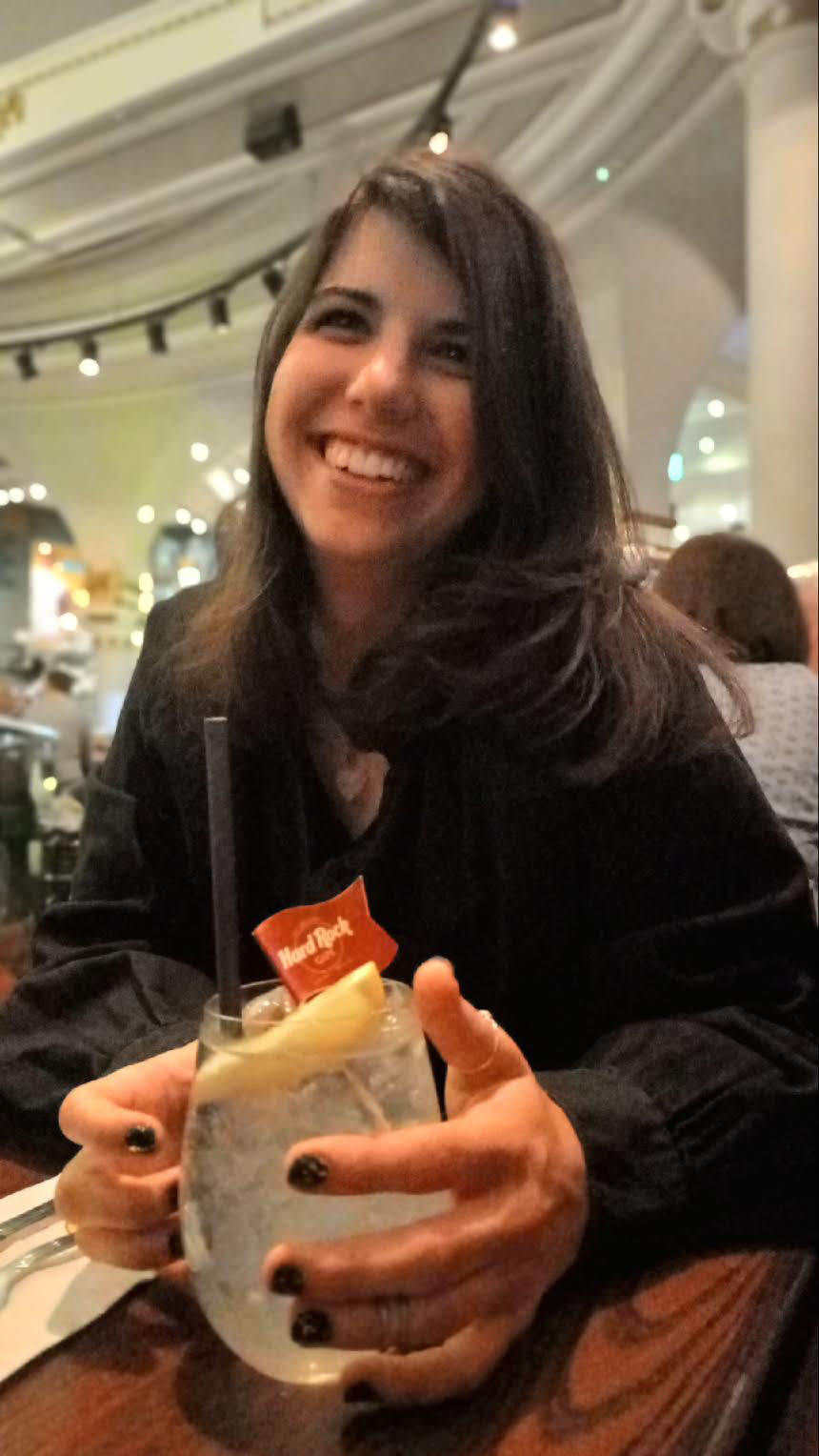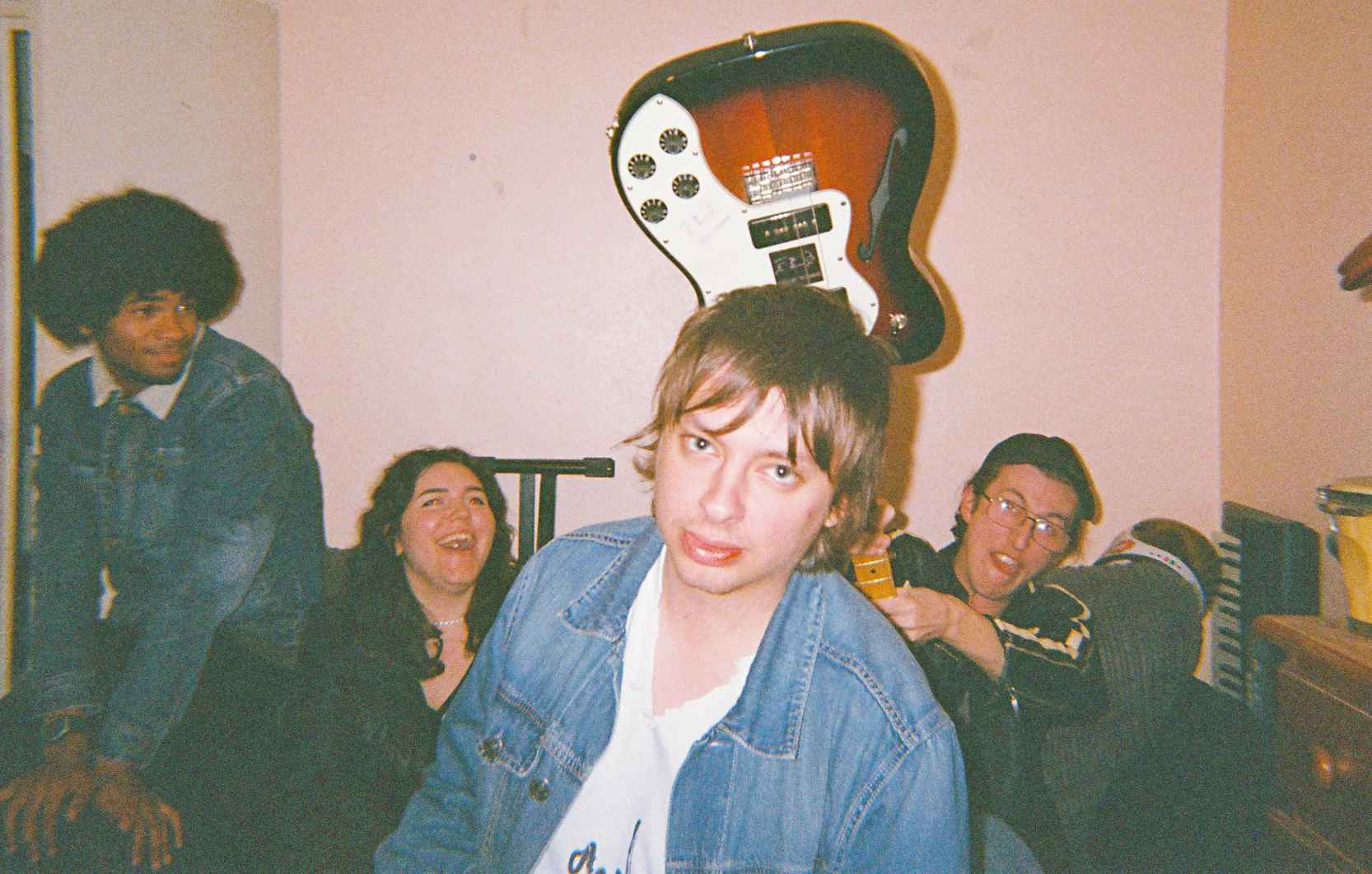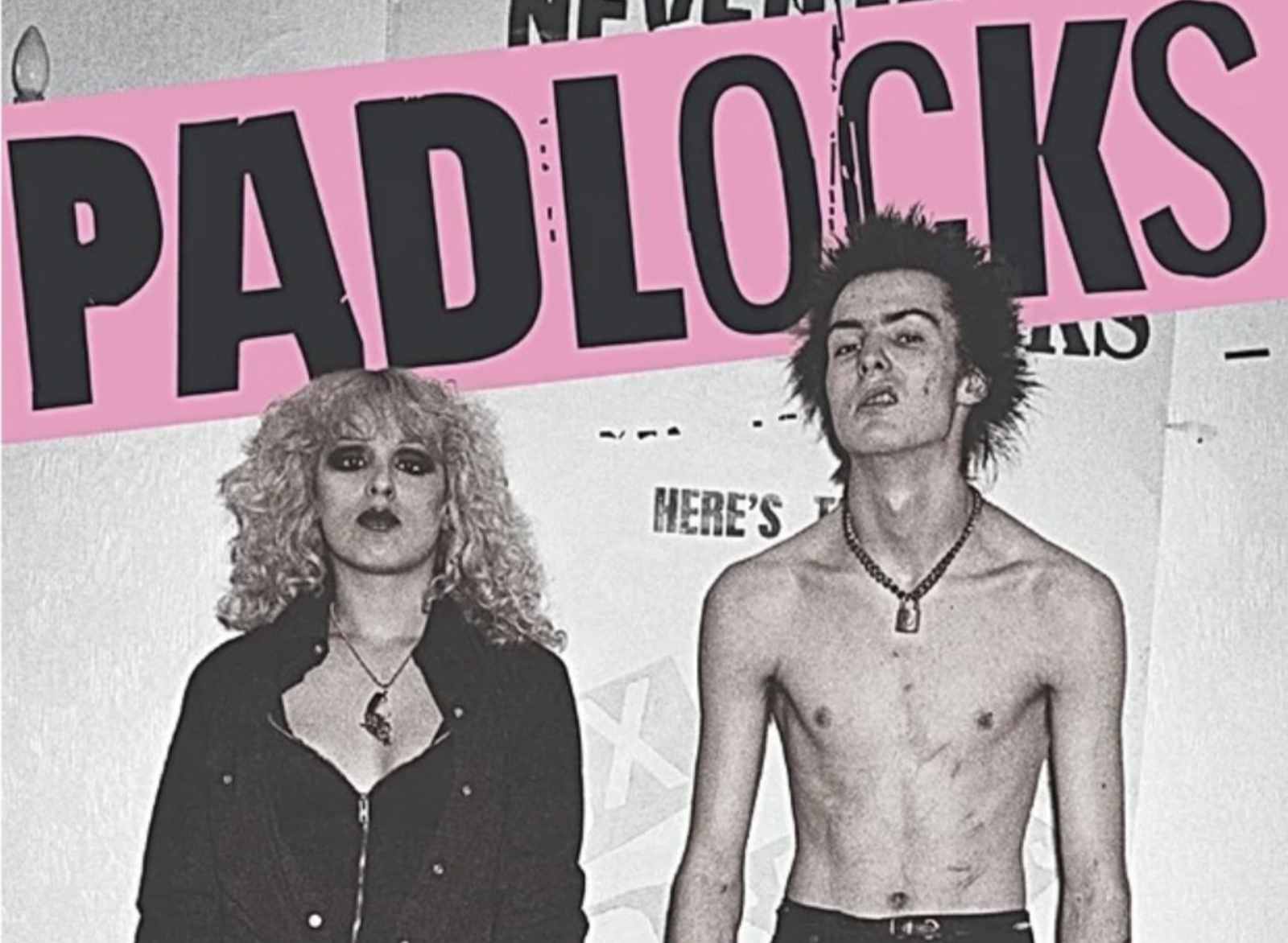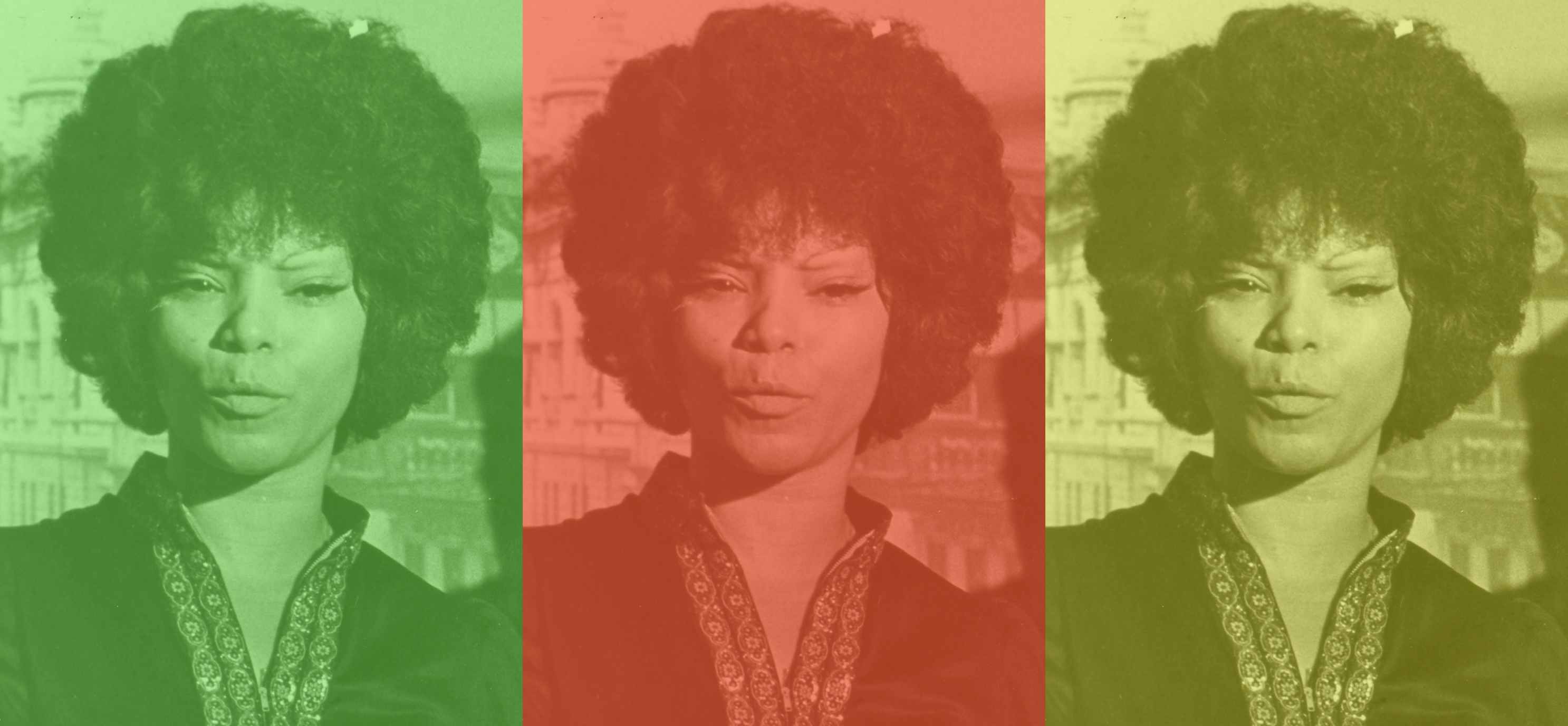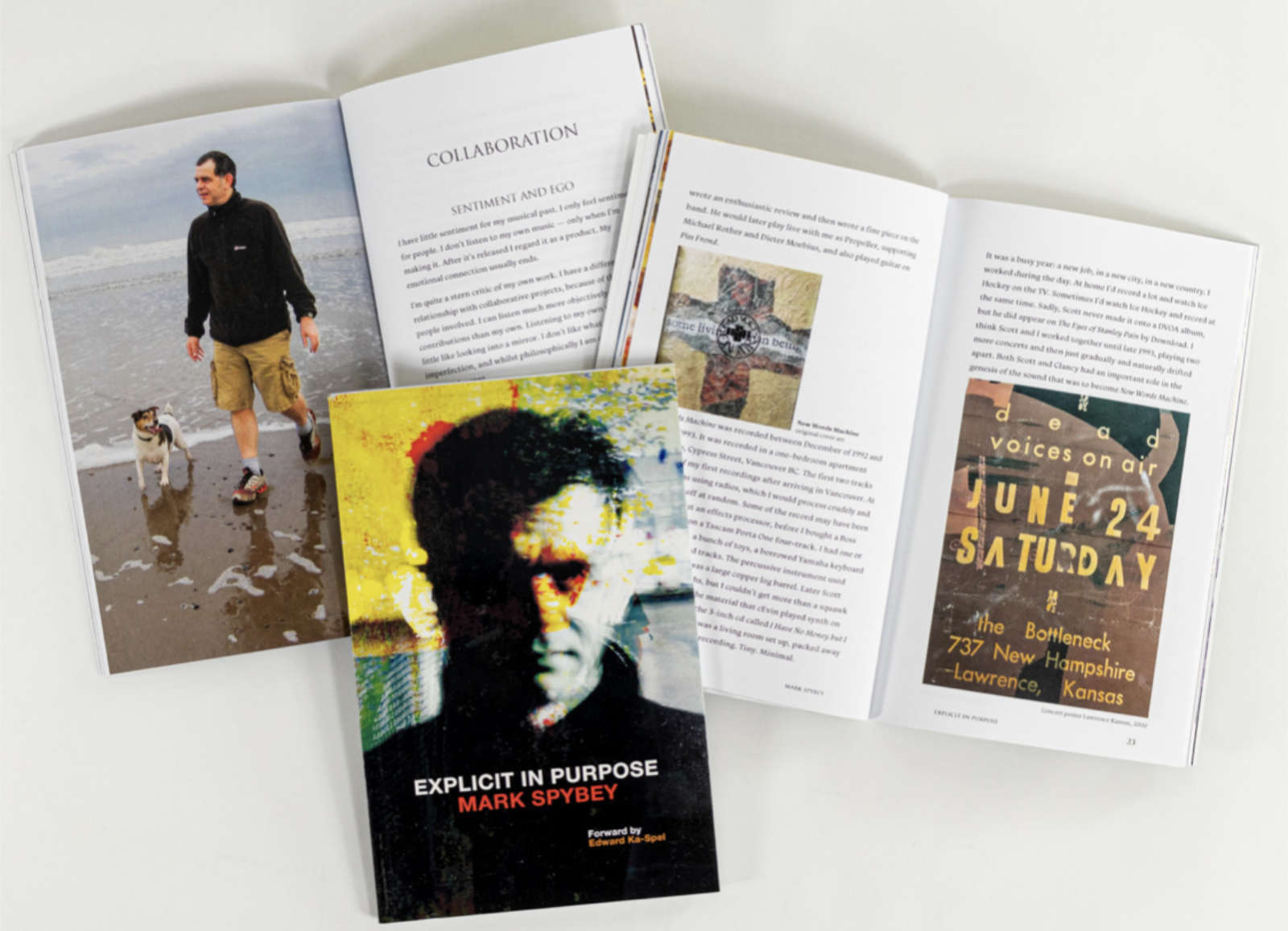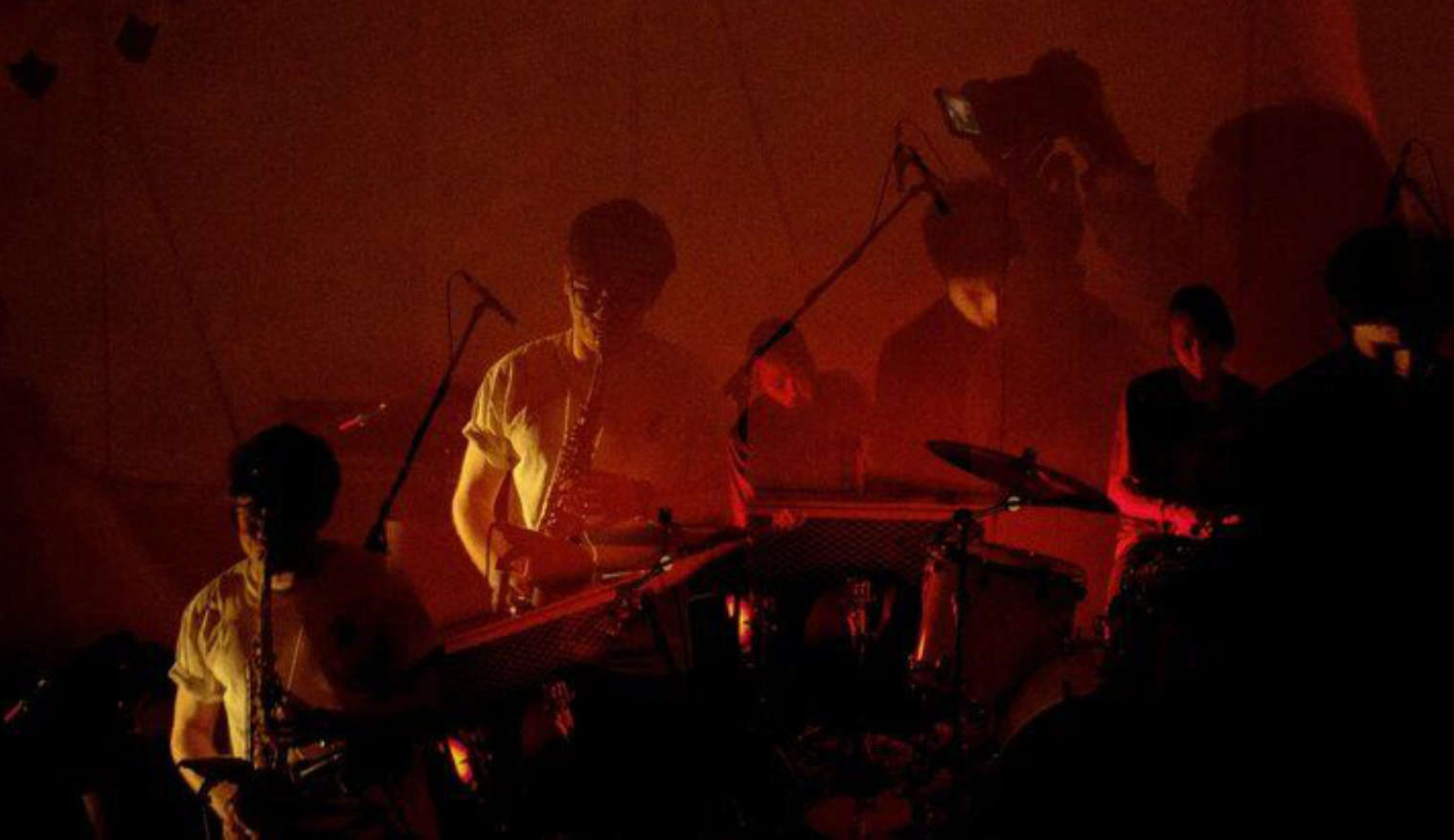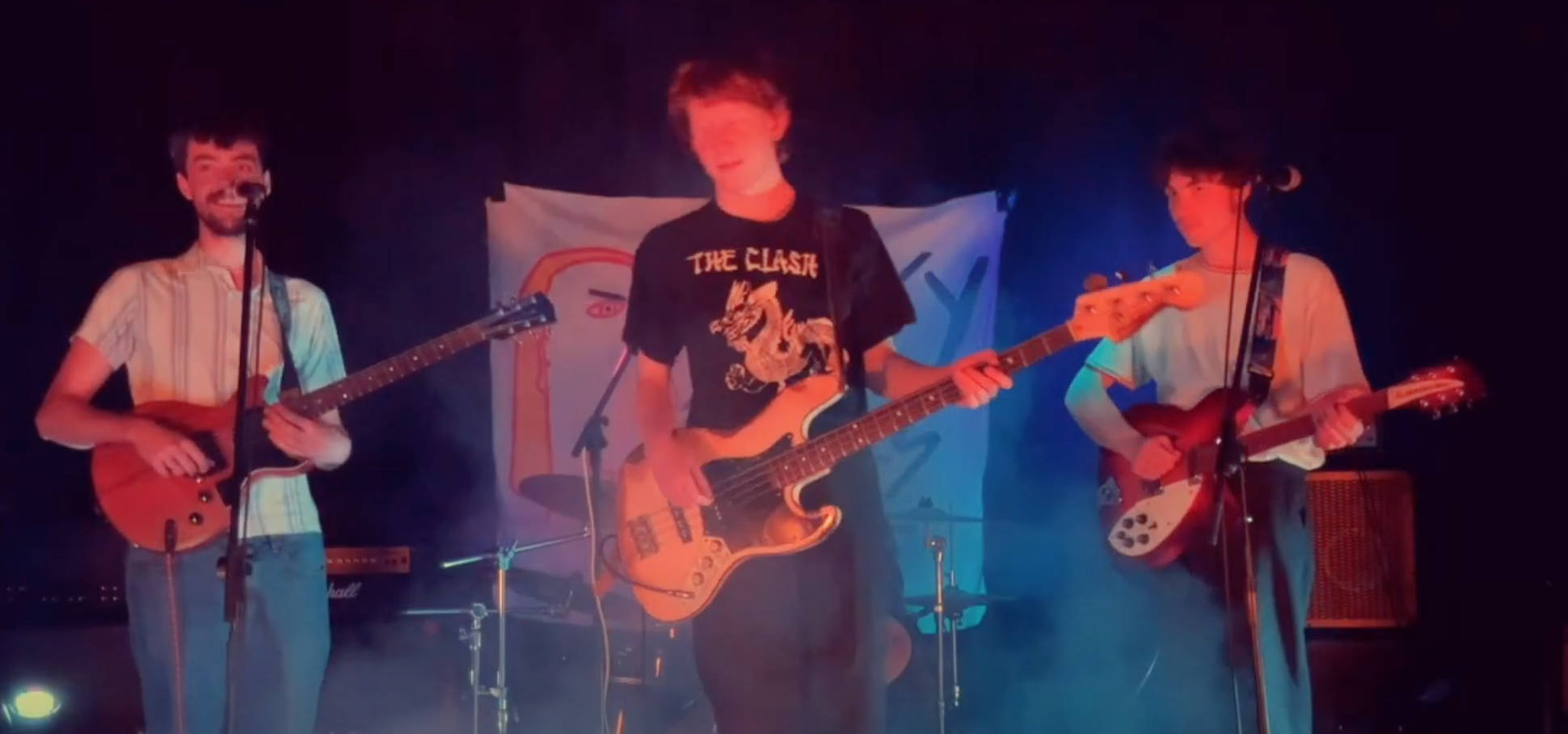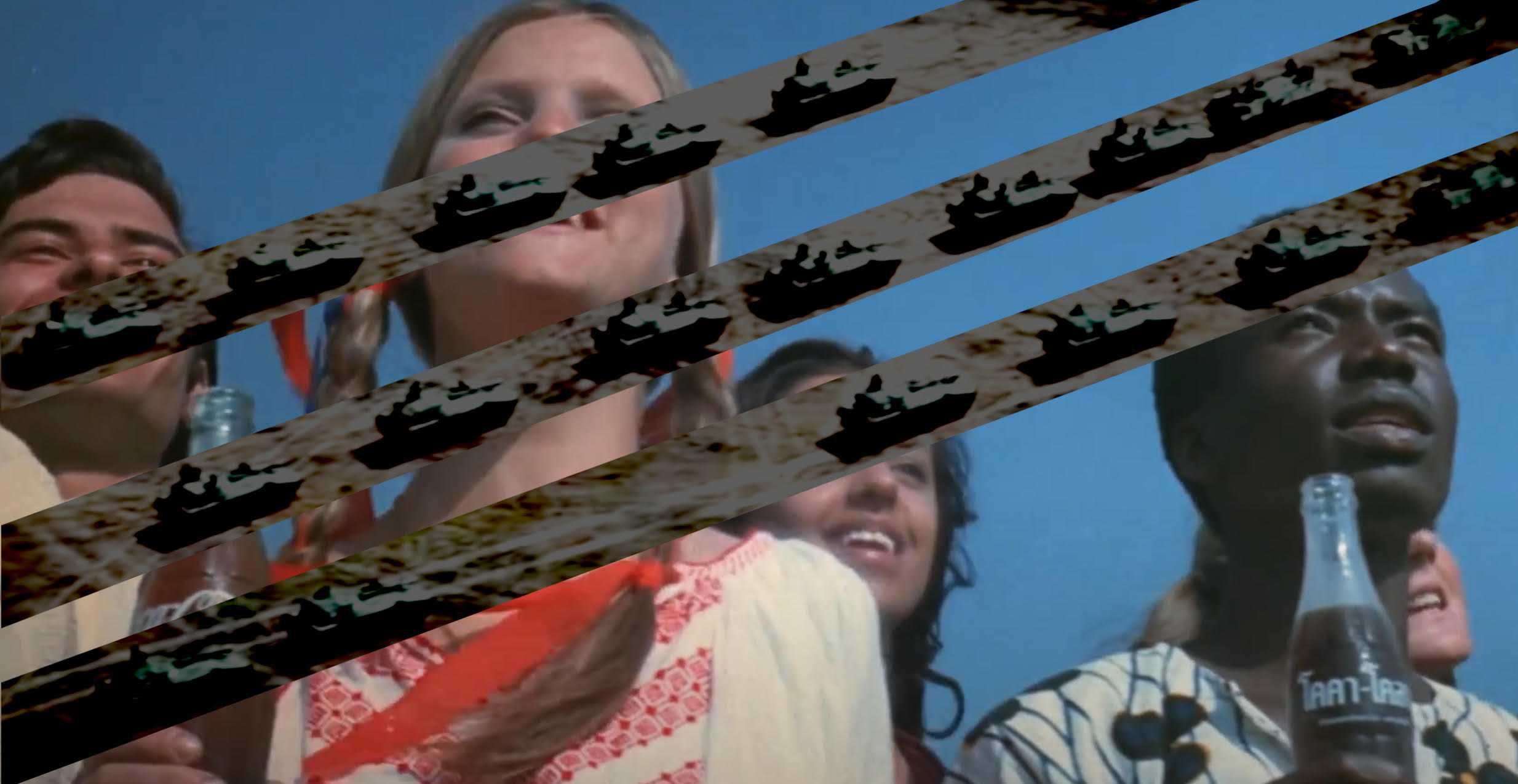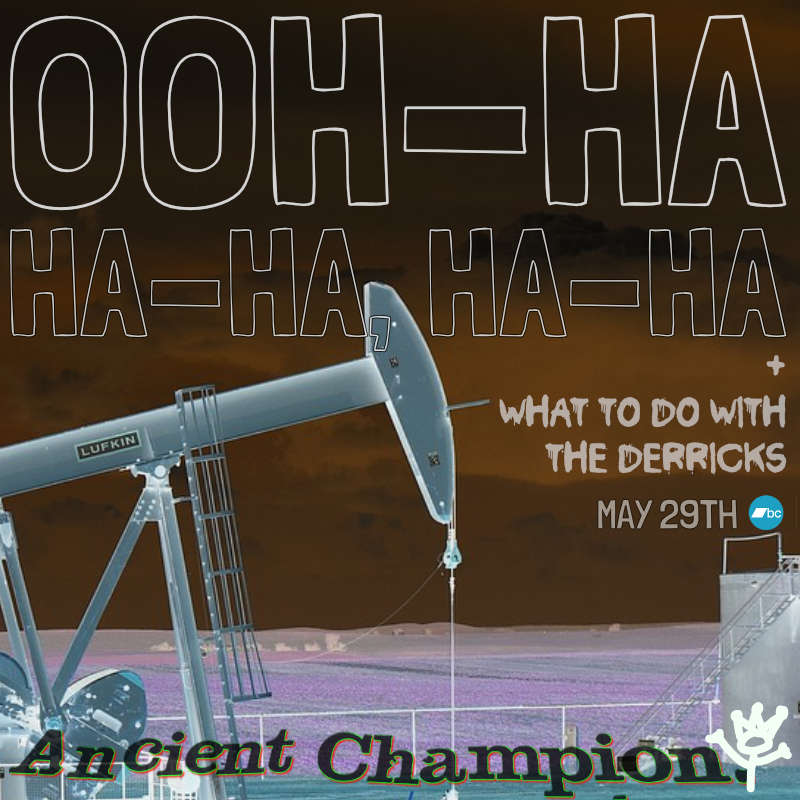Another March 2nd is on the horizon. This date carries significant weight in Brazil, marking the end of the meteoric but brief career of Mamonas Assassinas. The band were aiming to expand onto the international stage with Portugal as their first destination. Their plane crashed in Serra de Cantareira after their last show in Brazil’s capital, as they flew home. There were no survivors. Their story was recently depicted on the silver screen, becoming a domestic box-office hit in 'Mamonas Assassinas: O Filme' (Edson Spinello, 2023).
In March 1989, Sérgio met his future bandmates, Maurício and Alberto, while working at a typewriter company. Eventually, Sérgio's brother, Samuel, joined them. The band initially consisted of bass, guitar, and drums. They formed a cover band called 'Utopia,' performing songs by Brazilian rock bands like Ultraje a Rigor, Legião Urbana, Titãs, Paralamas do Sucesso, Barão Vermelho, as well as international acts like Rush and Guns N’ Roses, among others. They primarily played in the outskirts of Greater São Paulo. Hailing from Guarulhos, a working-class neighbourhood known for its industry, services, and commerce.
On one occasion, the band had a memorable encounter with the charismatic figure, Dinho, who would later become their vocalist. The moment occurred in July 1990 at Parque Cecap, a housing complex in Guarulhos. During the performance, the audience requested the trio to play the song 'Sweet Child o' Mine' by the American band Guns N' Roses. Since they were unfamiliar with the lyrics, they asked a spectator from the audience to come up on stage and help them. Dinho volunteered to sing, despite not knowing the lyrics. His performance and improvisation sparked great laughter from the audience.
In the same year, the keyboardist Márcio Araújo joined the group. The final member to join Utopia was Júlio Cesar Barbosa, who was a friend of Dinho. Júlio was brought in to assist with the English cover songs, as well as to serve as a percussionist and handle repairs of wires and cables for the band's equipment when needed.
With this lineup, the band continued performing at venues of little prominence in São Paulo and the surrounding region. In 1992, they met Rick Bonadio, and in his studio, they produced 'Utopia', their first and only independent album, consisting of 6 songs. Out of the thousand copies manufactured, only a hundred were sold. When Márcio Araújo left the band due to his college commitments, Júlio assumed the role of keyboardist and backing vocalist. Meanwhile, the band members juggled various side jobs.
Gradually, the members began to realize that the jokes and parody songs they created during rehearsals for fun were better received by the audience than their covers and serious songs. They cautiously started incorporating musical parodies into their shows, uncertain of how the audience would react. The response to the humorous songs was overwhelmingly positive. As a result, the band began to embrace a comedic profile for which they would become better known.
Embracing a more comedic approach, they recorded a demo tape with two songs. The recording session, supervised by producer and mastering technician Rodrigo Castanho, took place one late night in October 1994 at a studio in the north zone of São Paulo.
They changed their name to 'Mamonas Assassinas' and more suited to their new style. The members also changed their names and costumes, which became less rock 'n' roll and more caricatured. Following this shift in their profile, they began to always perform dressed as characters like Chapolin Colorado, Batman and Robin, as well as prisoners. They wore extravagant caps, painted hair, and exuded a more playful demeanor on stage.
The band sent their demo tape to several record labels, including Sony Music and EMI. Rafael Ramos, drummer of the band Baba Cósmica and son of EMI's artistic director João Augusto Soares, was impressed by the band's sound and insisted on signing them. Rafael often gave his father tips about new bands that sent their songs to the record label.
However, before recording the album, the band encountered a problem: EMI required at least 10 songs for the CD. The band, in a tight spot, lied and claimed they already had 7 songs and could compose the rest within a week. In reality, they only had the 3 songs sent to the record label. Despite this, within a week, they managed to compose 12 songs, exceeding the minimum required by the record label by 5 songs. In May 1995, EMI sent all the band members to Los Angeles, United States, to record their only album.
Initially, the album was planned to be released with 15 songs. However, 'Não Peide Aqui Baby,' a parody of the Beatles' 'Twist and Shout,' was removed due to the large number of swear words.
Despite politically incorrect lyrics and frequent use of double entendres, Mamonas Assassinas achieved tremendous success among children's audiences. Their 1990s lyrics were ahead of their time in addressing relevant contemporary issues. In 'Robocop Gay,' Dinho and Júlio Rasec criticized prejudice against homosexuality. The vocalist referenced whale hunting in the song 'Mundo Animal,' characterising humanity as cruel. The band also expressed opposition to exaggerated advertisements in the song "1406," its title referring to a telemarketing number. Some of the band's jokes and references might be interpreted differently today, in light of contemporary norms and sensibilities, their impact remains significant.
Mamonas Assassinas became an instantaneous phenomenon in the 1990s, dominating Brazilian radio and TV programs and tours over the country. They gained renown for their eclectic compositions that blended pop rock with various popular music genres such as country, heavy metal, romantic pagode, vira, and forró. Additionally, their irreverent and eccentric performances, often featuring crossdressing, shocked Brazilian conservatives. These factors propelled the band to become a notable exponent of comedic rock, a genre antithetical to the alternative rock they had previously played as Utopia. They left an indelible mark on a generation of fans with songs that every Brazilian knows by heart.

